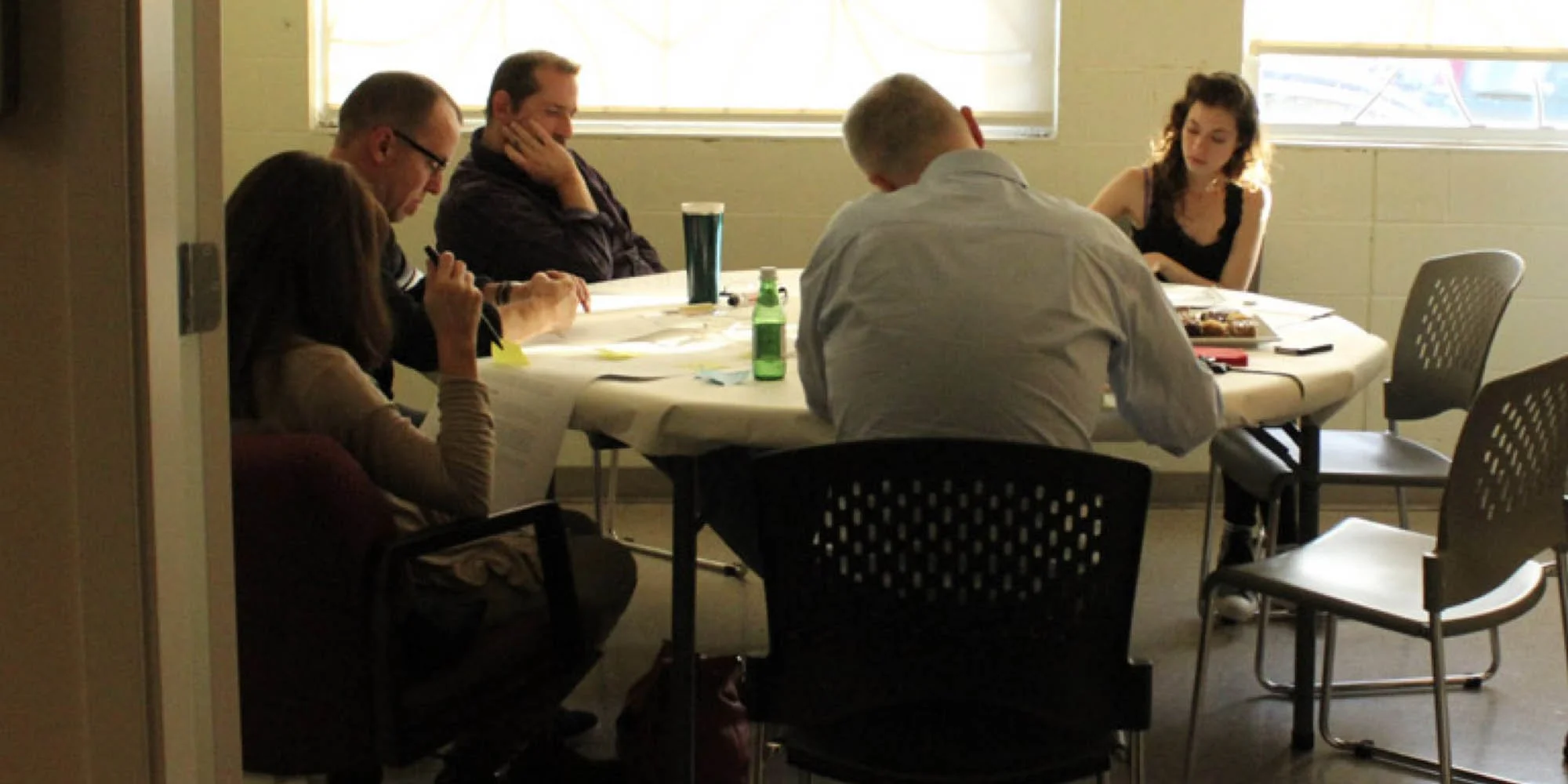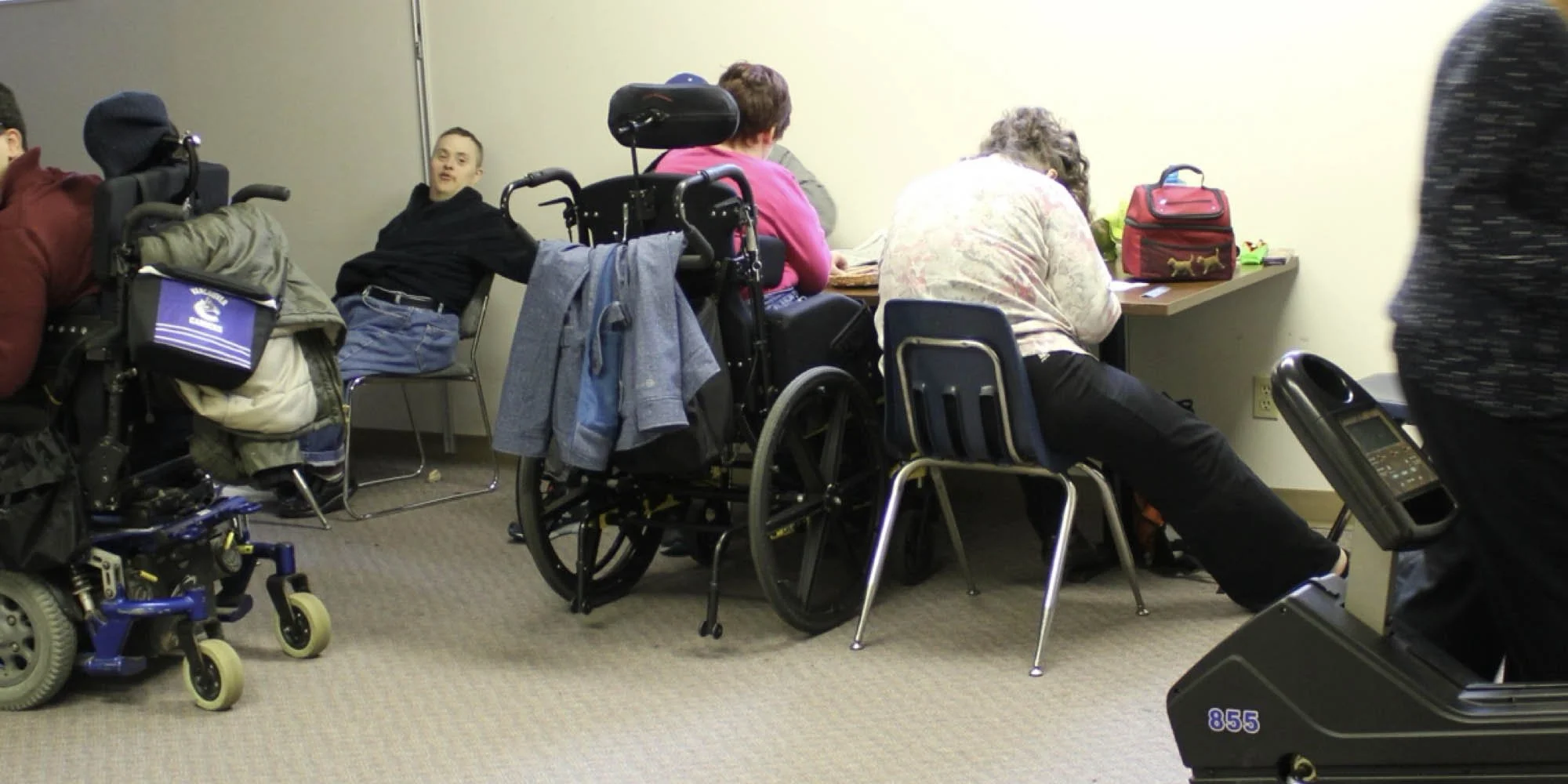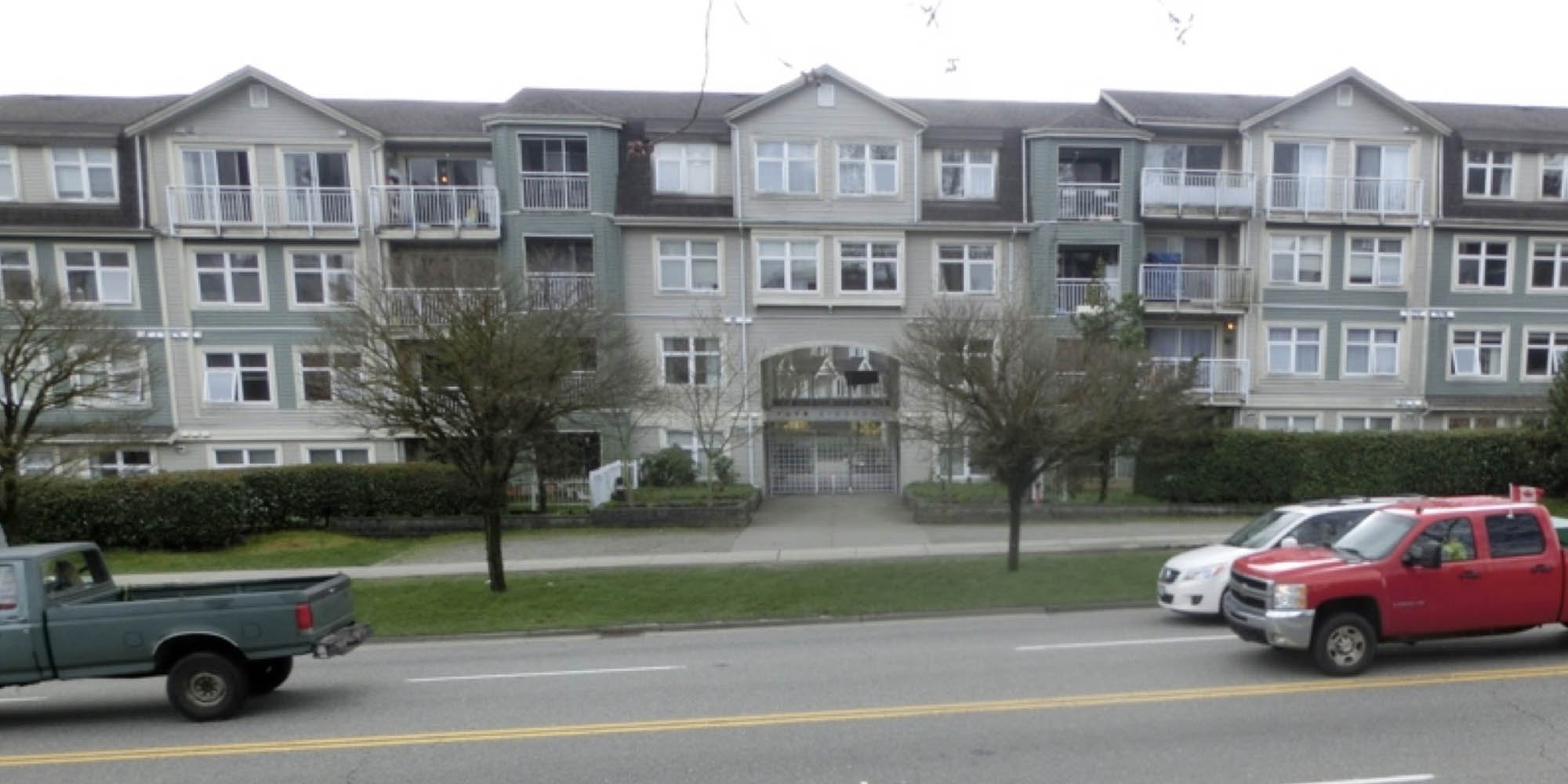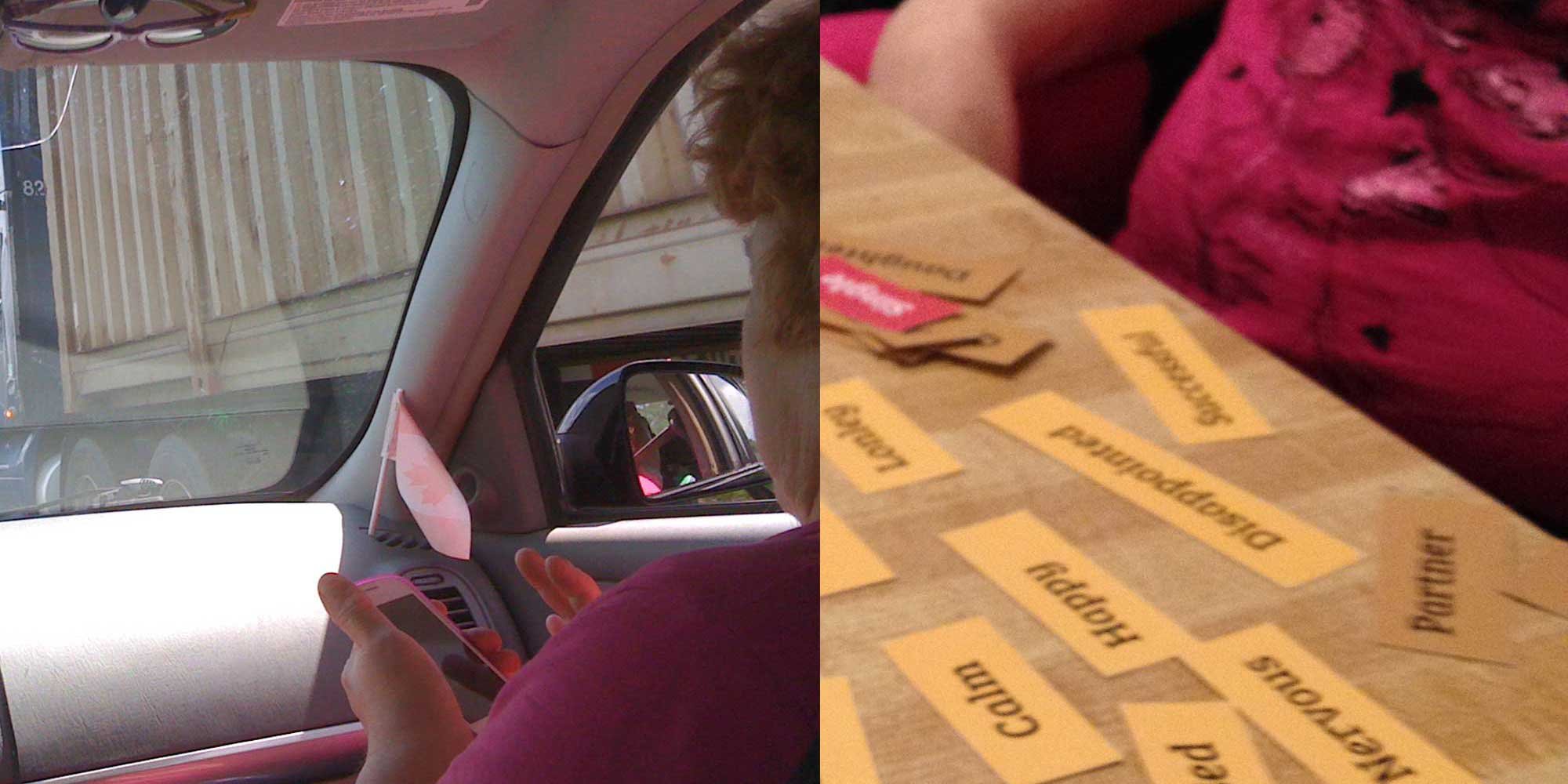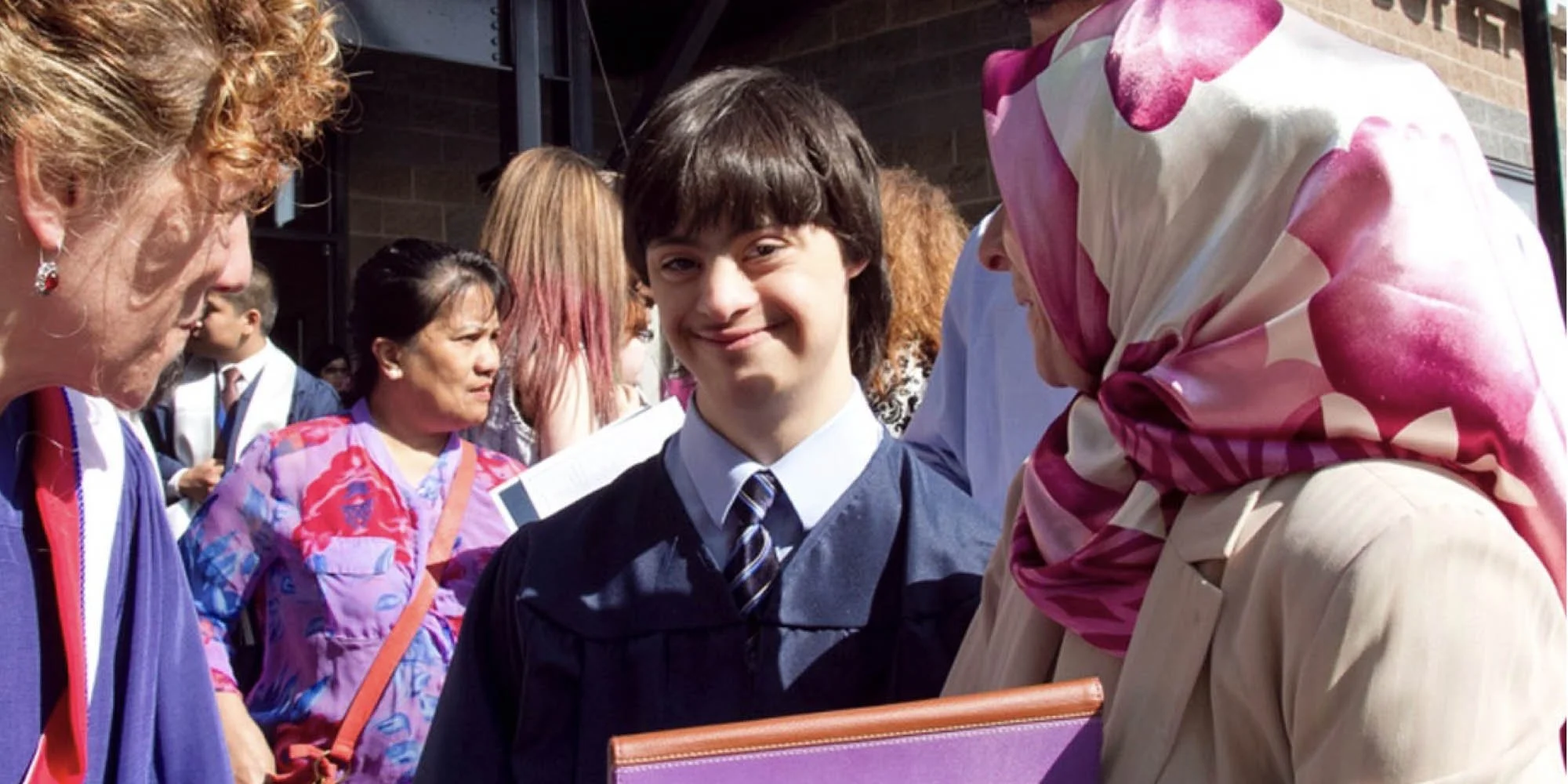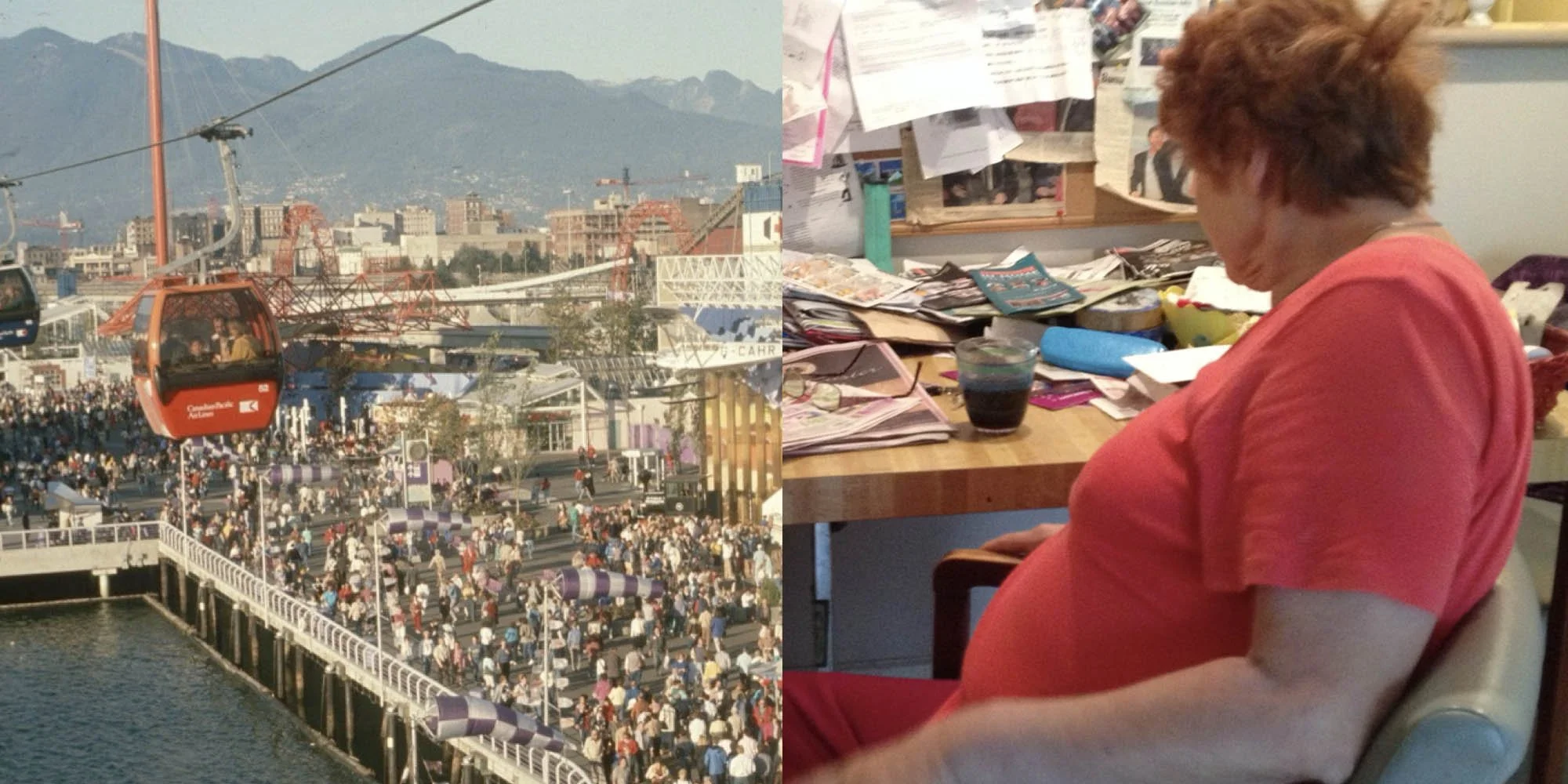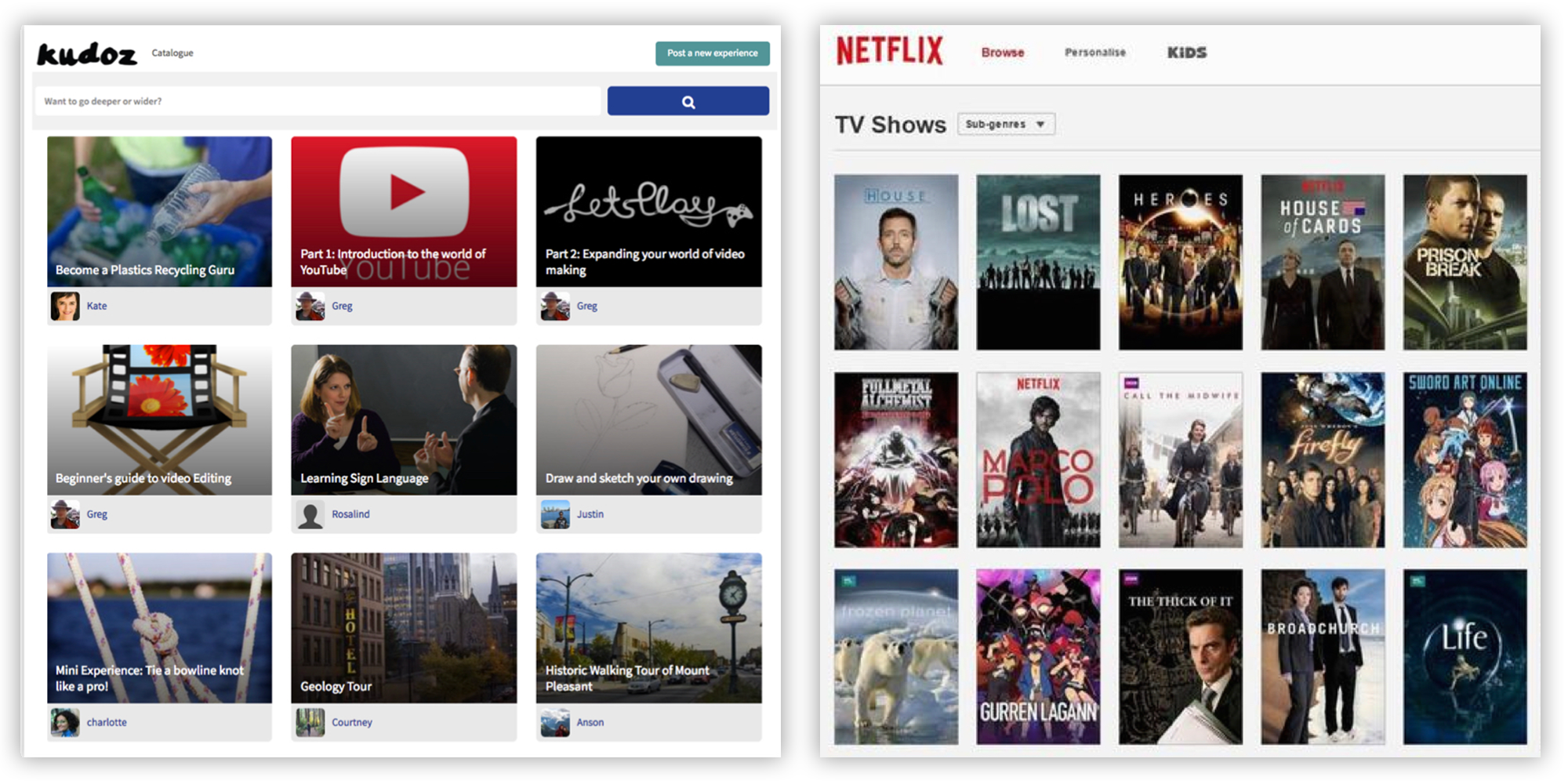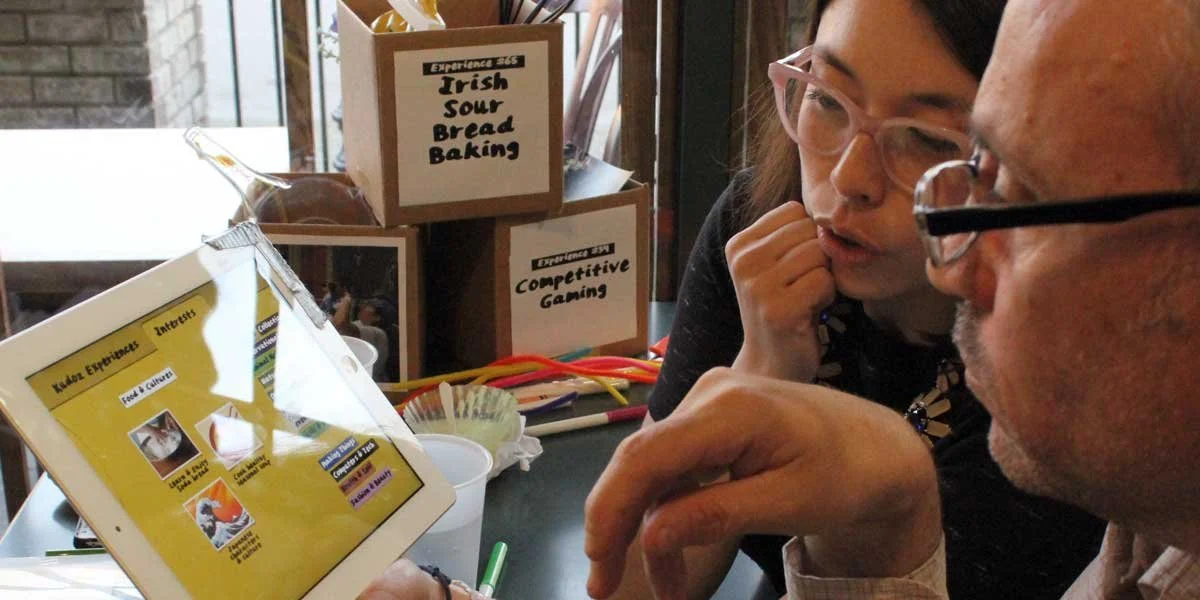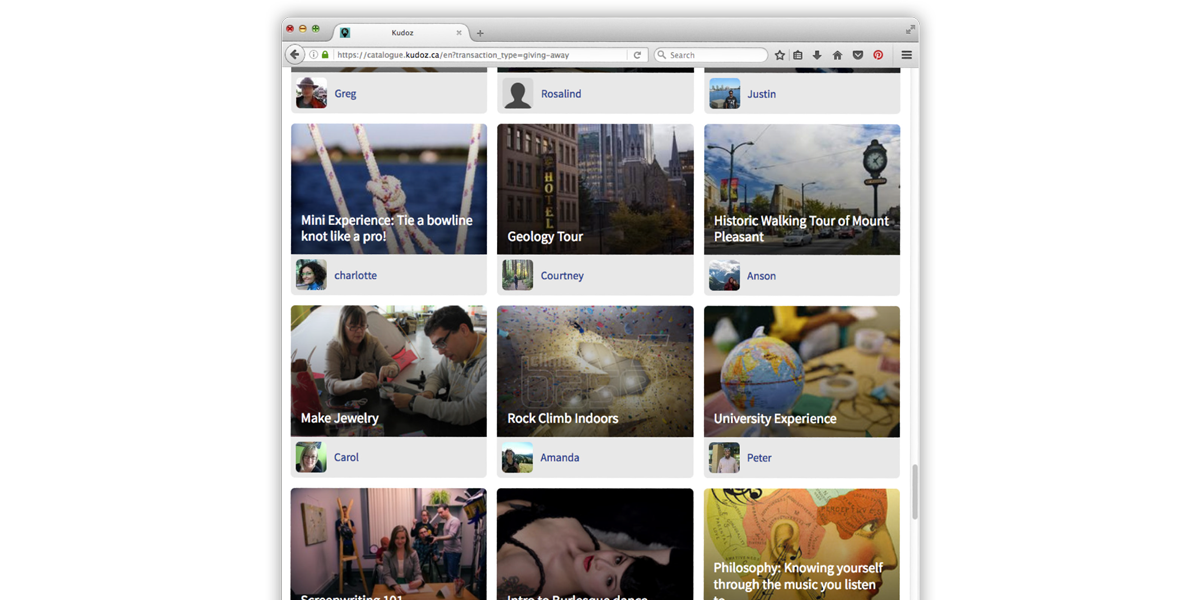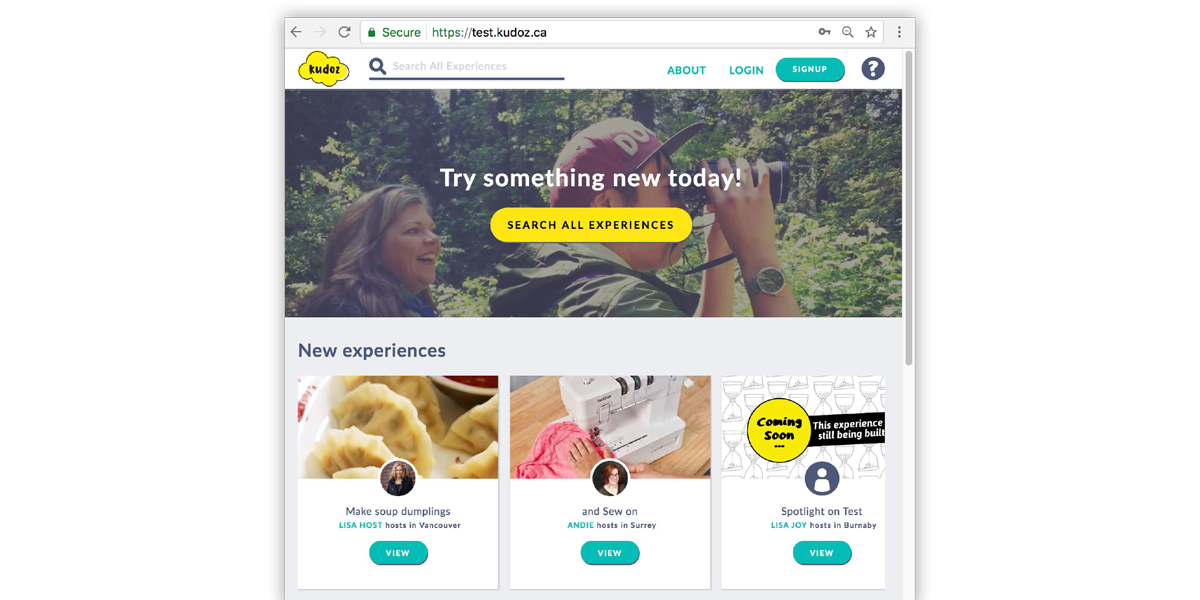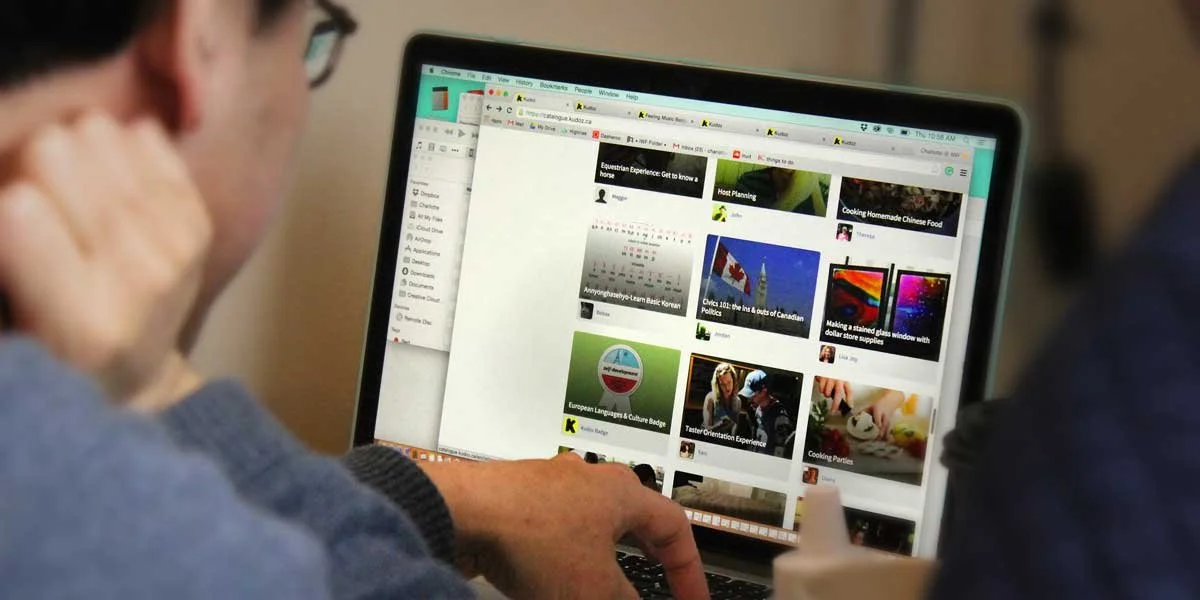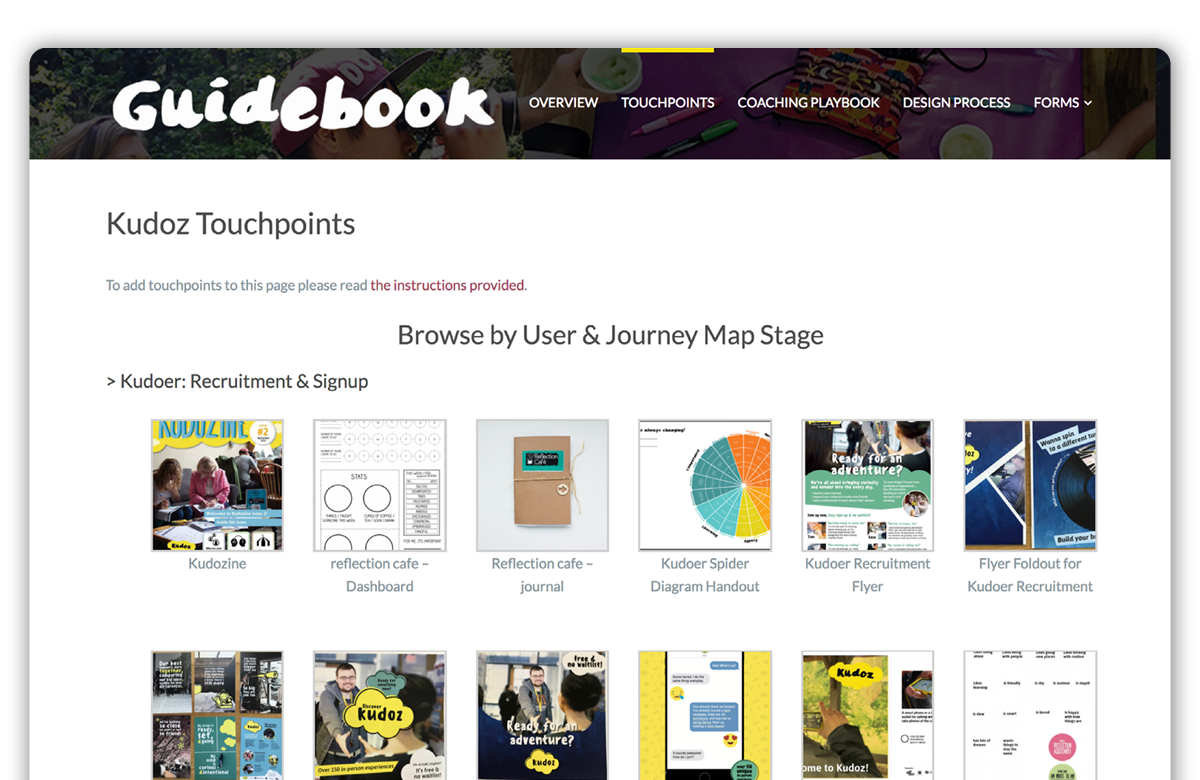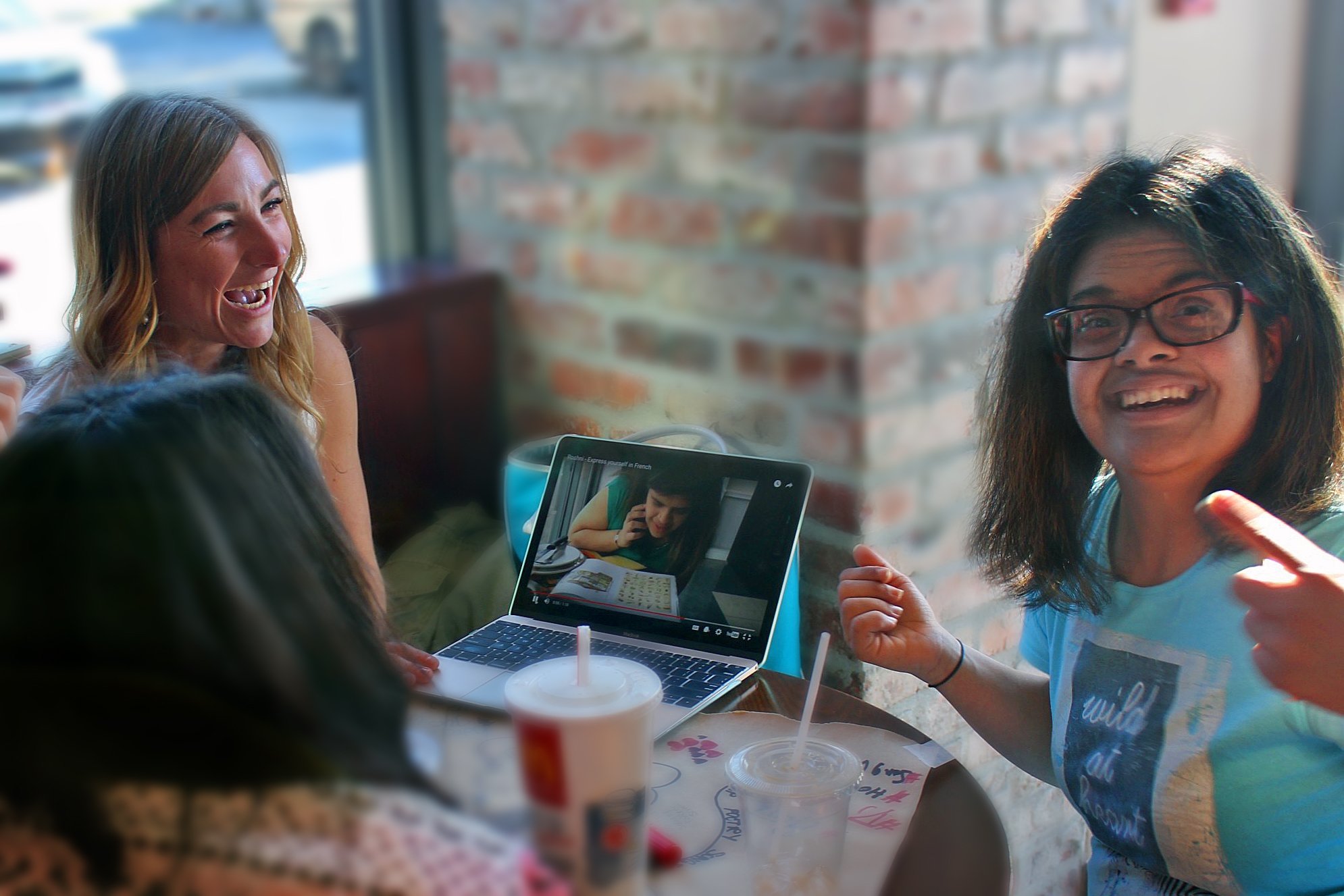
Kudoz
Design and implementation of a Learning Platform with & for People with Cognitive Disabilities
Partners:
Burnaby Association for Community Inclusion
Posabilities
Kinsight
Team:
InWithForward
Period:
April 2016 - 2021
The problem
Too many adults with cognitive disabilities spend their days in segregated settings doing the same activities day after day. Our initial brief was “How do we reduce social isolation amongst adults living with cognitive disabilities?”. Ethnographic research made us realise they were not just isolated from other people. They were isolated from novelty and learning, leading to stagnation and poor mental health.
The project
Kudoz is a platform connecting adults with cognitive disabilities to 100s of experiences. The result of two years prototyping, it is designed to be a pipeline to learning for 22K adults in British Columbia with a cognitive disability. Kudoz is a new service model, with new interactions, new roles and new touchpoints.
My value-add
Designed & tested new learning interactions, inspired by social science theory
Created accessible interfaces for users with a wide range of cognitive abilities
Codified service architecture + journeys for ‘Kudoers’, their families & hosts
Led UX design + development of an online catalogue and mobile learning app
Contributed to a new kind of growth model
Introduction video (3min)
Hear from participants and experts about Kudoz — and how it makes a difference
1) Problem Discovery
Reframing the initial brief and early ideas
2) Solution Discovery
Online catalogue: exercising choice
Ben
Host onboarding & Quality assurance
In an onboarding meeting, hosts learn about the ‘working ingredients’ of a Kudoz learning experience. Such as the sharing what they love about the topic of the experience.
New experiences are first tried-out by an experienced Kudoer, like Ben. They provide feedback to Hosts, like Frane.
Multisensory experiences
Kudoz’ learning interactions are in-person and enable learning through multiple senses. For Hosts, body language is important to understand Kudoers who are less vocal.
Badges and events
Kudoers and Hosts earn badges for experiences they did. Sets of experiences are aimed at inviting people to try new things, and stretch their comfort zone.
Frane
Ben
Jay’s experiences with Kudoz
Jay was in one of the first cohorts of Kudoz. He and his support worker Brad are sharing how Jay benefitted.
Profile page makes change visible
Recollection videos are used for reflection. They also give Hosts an idea of the interests and capabilities of a Kudoer, and they serve as a portfolio for potential employment.
Kudoers are regularly invited to reflect on experiences and update their interests. The profile page makes changes visible over time.
Mobile app: experience recollection
A mobile app supports Kudoers to be independent by setting reminders for experiences. The app supports recollection of experiences as it prompts Kudoers to take photos and record a ‘voice over’ explaination. These are compiled into a movie, uploaded to a Kudoer’s profile page.
Development & implementation
Service Prototyping
We ran a 6-month prototype to learn if Kudoz generated sufficient interest and impact. We recruited a delivery team, and fleshed out the service journey and theory of change.
We deliberately kept Kudoz outside of the system, whilst we built staff capacity within the system to apply co-design and prototyping methods.
Impact stories
During prototyping, we used multiple evaluation methods, including Realist Evaluation. We collected ‘impact stories’ about observed changes related tooutcomes of our Theory of Change.
These were captured by people themselves, family or a support worker. We had a regular ritual to discuss these stories to for sensemaking and to collectively refine our Theory of Change.
Better growth
Convinced of the impact, we built systems to support Kudoz: a mobile app, a catalogue; new roles and training materials, metrics.
Alongside this, we ran Kudoz with a larger group of users and beta-tested different kinds of business models.
Embedding Kudoz in the service system meant rewriting policies around HR and health & safety. We hope this enables more innovation.
The government funder charted new funding streams, using user-centered design. This is a shift in a top-down system.
Outcomes
+180 Community members coached to deliver learning experiences
Better decision making: Kudoz found fresh data about adults with cognitive disabilities, and created new ways to collect insight.
Organization:
System:
Community:
Greater prototyping capacity: +40 staff trained on prototyping and co-design, most of them apply the methods to their work.
“Kudoz has completely shifted the way we think of innovation and service design; from the role of ethnography and design to the application of social science theories and thinking at the level of determinants. We are inspired, energized and ready to press forward.
”

